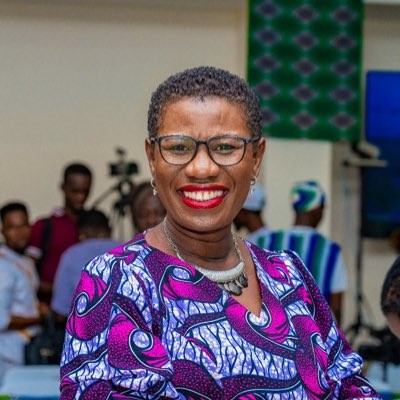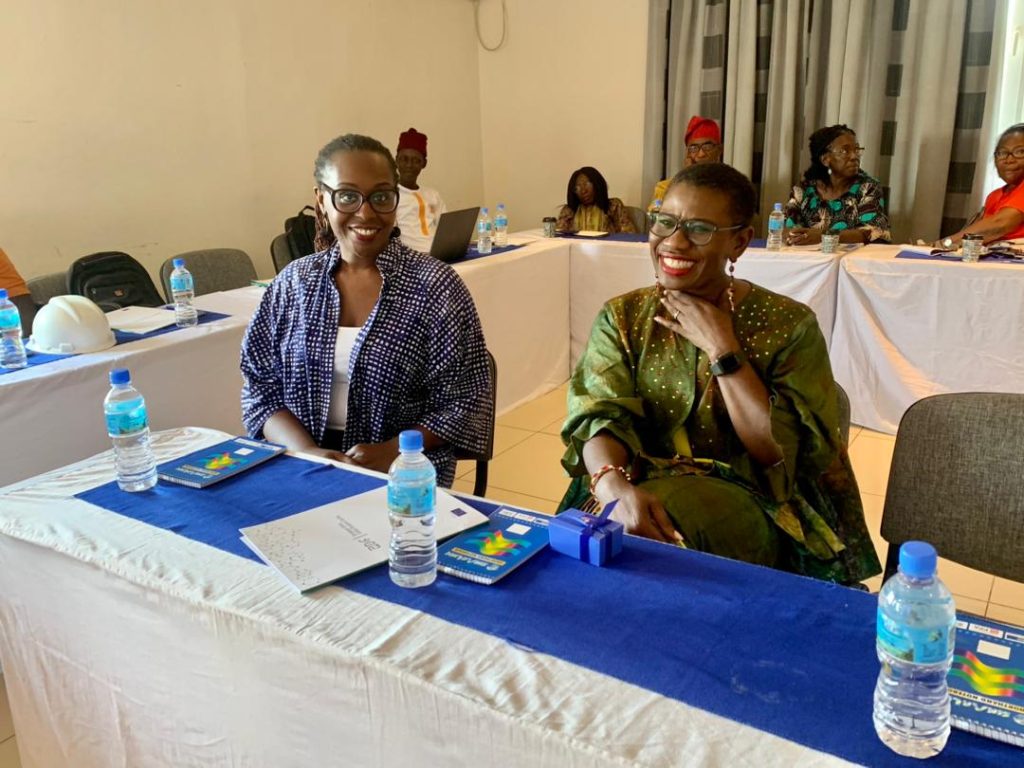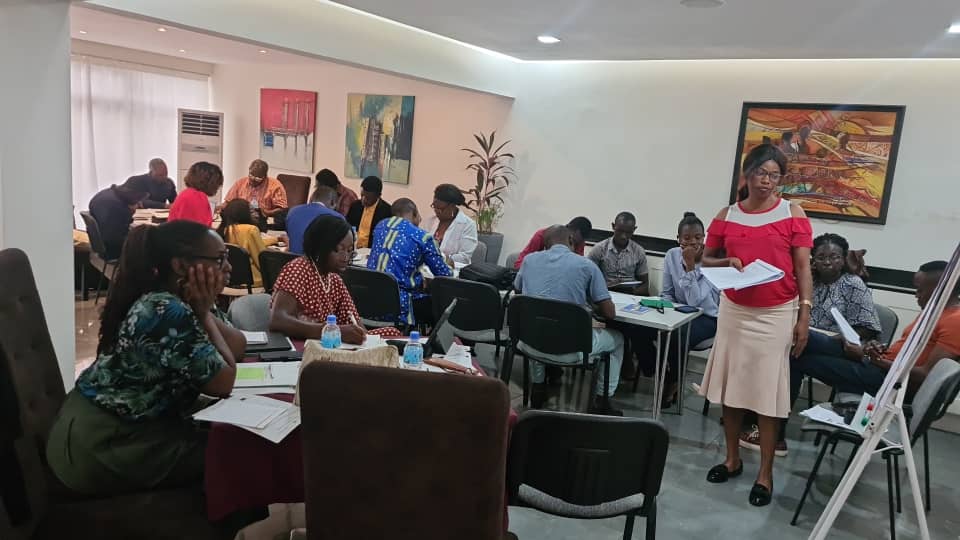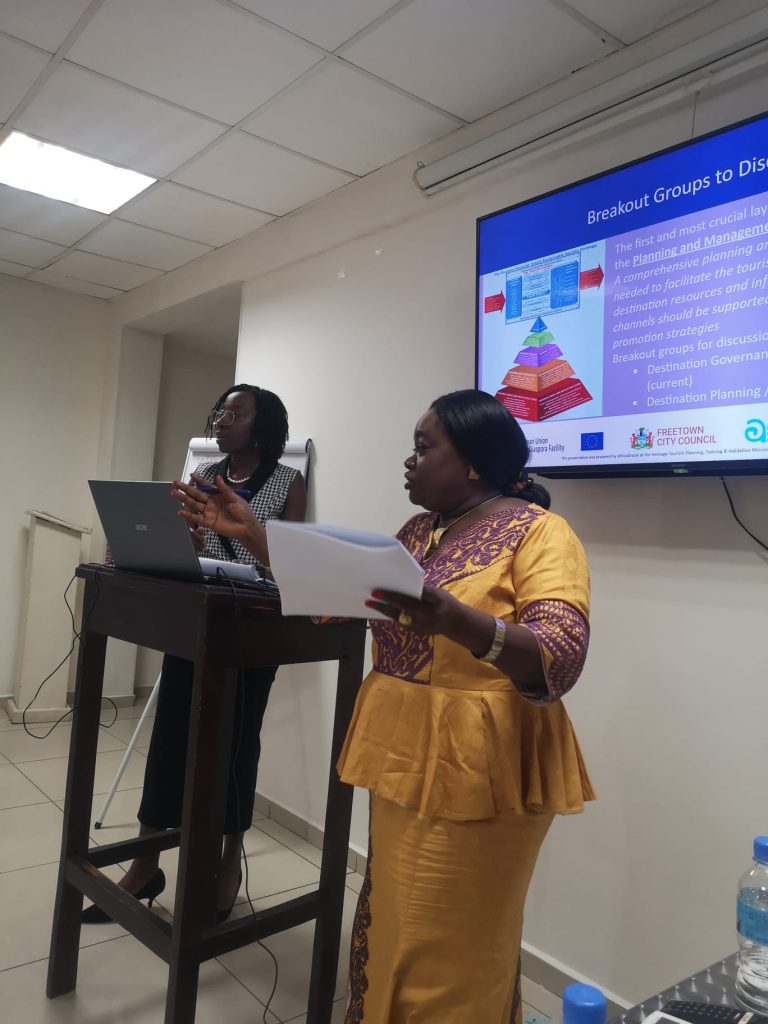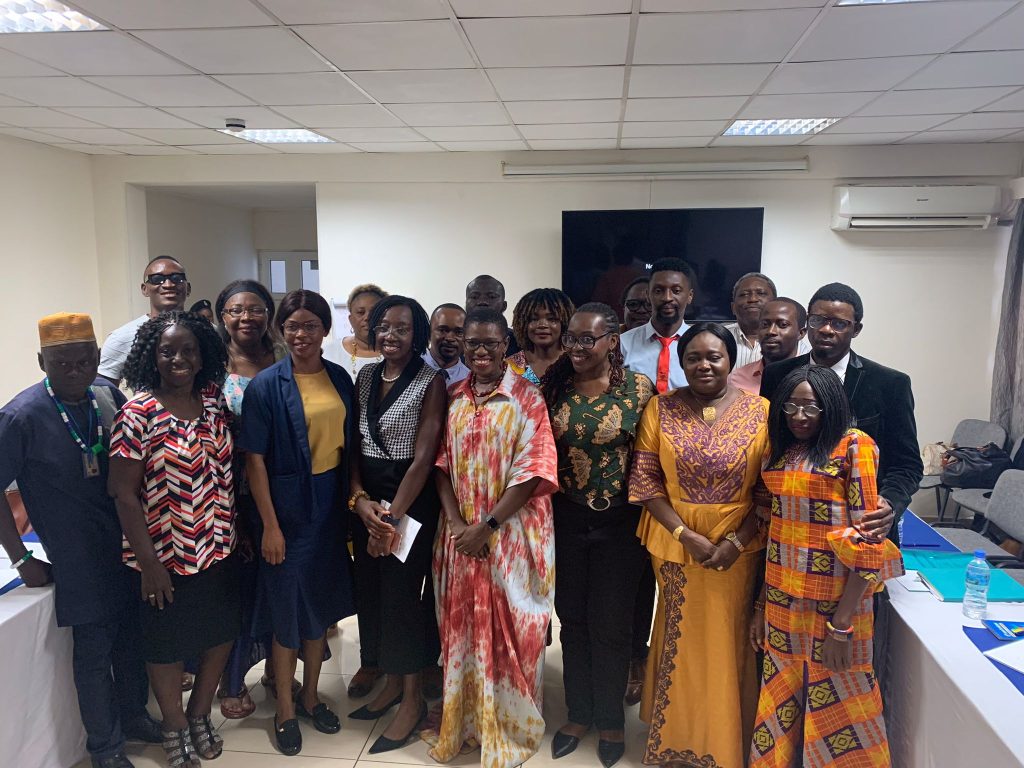
Local heritage tourism as a connection to diaspora in Sierra Leone
The Freetown City Council (FCC) launched its Transform Freetown (TF) Agenda in January 2019. The agenda is a development strategy comprising of 11 sectors within four pillars: resilience, human development, health, and urban mobility. This agenda is a response to the challenges Sierra Leone as a whole – and Freetown particularly – has faced from the impact of an Ebola outbreak in 2014 -2016, to a number of developmental challenges (e.g. urban explosion, inadequate public infrastructure, poor sanitation, etc.). Under the human development cluster, job creation is a priority with a specific focus on tourism. Tourism was also one of the hardest-hit sectors during the COVID-19 pandemic.
This action responds to the need identified by the FCC to strengthen its local heritage tourism in order to attract the global Sierra Leonean diaspora. This is in line with both the country’s medium-term National Development Plan 2019-2023 and its National Labour Migration Policy which identifies the diaspora as partners to national sustainable development particularly in the health, education, and trade sectors.
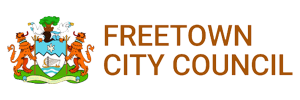
In partnership with

Programme of activities
This partnership action saw Freetown City Council (FCC) and Africa Oracle (AO) work with experts to carry out activities to better understand and thus enhance the heritage tourism sector in Freetown. The action developed resources to support FCC fulfil its development aims through providing training to increase the capacity of tourism staff in Freetown.
The experts carried out an assessment of the sectoral needs and market trends of Sierra Leone’s tourism sector through desk research, surveys and interviews. The aim was to establish the current situation in regards to heritage tourism, hospitality and diaspora interest in tourism possibilities in Freetown.
EUDiF in coordination with the experts, facilitated focus group discussions to map the heritage sites of interest in Freetown and potential partners/stakeholders in the public and private sectors. This activity aimed to bridge the information gaps following the online assessment.
Based on the findings from the assessment phase, the experts drafted the heritage tourism strategic framework as a roadmap to support the development of Freetown City Council’s tourism growth plans.
To complement the strategic framework, the experts developed guiding tools for implementation, including a concept note and study on how to organise a biennial festival celebrating the ancestral roots and heritage of diaspora tourists in Freetown.
Additionally, the experts drafted a concept note for the walking tour to weave connections between the sites and provide a coherent heritage experience for tourists. It examined what structures and processes needed to be put in place and consider best examples of tours relevant for Sierra Leone.
EUDiF organised a peer-to-peer meeting online with the diaspora experts involved in the CDL action on heritage tourism in Moldova. The occasion leveraged best practices on heritage tourism and storytelling experiences.
The training targeted the FCC staff and heritage tourism service providers to promote and increase knowledge on tourism management and sustainable tourism principles.
A validation event with representatives of tourism stakeholders to discuss and endorse the outputs created within the action took place on-site. The meeting focused on knowledge sharing, planning, monitoring and evaluation.
EUDiF supported partners to organise a workshop on efficient management of cultural heritage sites tailored to the tourist service providers and FCC staff.
